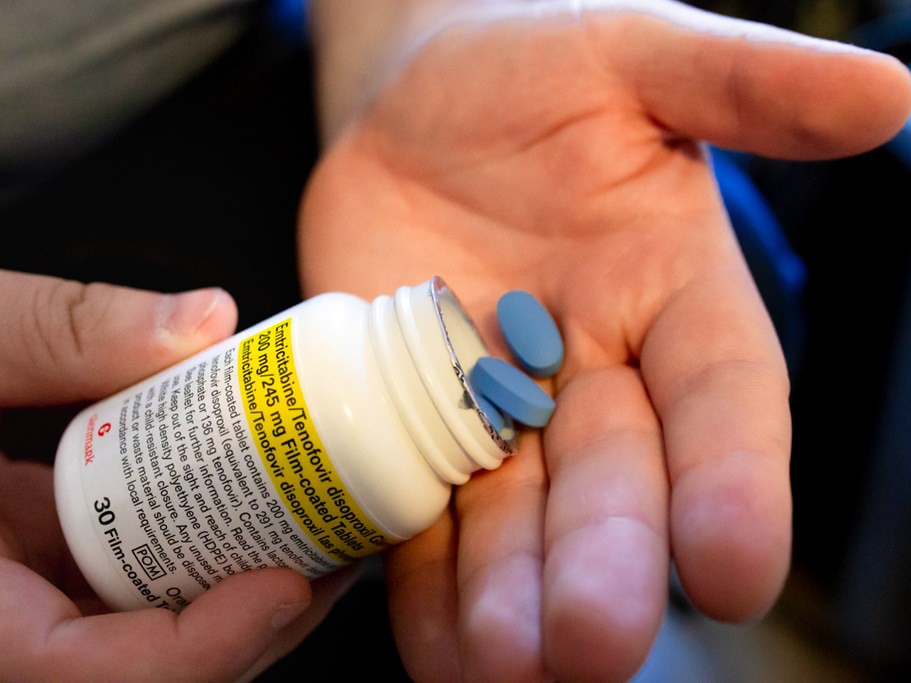Photo credit: 2019/www.doctor-4-u.co.uk/
Lawrence Purpura, Jason Zucker, Elijah LaSota, Mabel Lopez, Rebecca Spicehandler, Caroline Carnevale, Edward Perez, Paul Richards, Jennifer Chang, Al Cohall, Anne-Catrin Uhlemann, Susan Whittier, Magdalena E Sobieszczyk, Daniel A Green
Abstract
Multiplex polymerase chain reaction testing for gastrointestinal pathogens was performed on a longitudinal cohort of 110 men who have sex with men taking human immunodeficiency virus preexposure prophylaxis. At least 1 pathogen was detected among 50 (45%) participants, with some participants testing positive for the same pathogen on multiple consecutive visits over a period of months.Sexual transmission of gastrointestinal (GI) pathogens is both a historical and emerging phenomenon among men who have sex with men (MSM), with outbreaks of Shigella and Campylobacter reported with increasing frequency worldwide. In addition to gastroenteritis, these pathogens can also cause proctitis or proctocolitis, yet current management of rectal symptoms for MSM is empiric treatment for gonorrhea and chlamydia [3] only, and testing for GI pathogens is currently only performed in the setting of diarrhea. In the context of these practices, the burden of antibiotic resistance is increasing in Shigella and Campylobacter.
Outside of outbreak investigations, the prevalence of enteric pathogens in MSM is not well characterized. Among symptomatic MSM with gastroenteritis in the US state of Washington, Escherichia coli, Shigella, Campylobacter, Norovirus, and Giardia were most frequently identified [7]. Only 1 study, in Melbourne, Australia, has described asymptomatic carriage of pathogenic enteric organisms in MSM, with a cross-sectional prevalence of 11% [8]. To date, prospective data regarding prevalence and symptomatology are lacking. Here we present the prevalence of GI pathogens and correlation with clinical factors in a prospective cohort of MSM receiving preexposure prophylaxis (PrEP) for HIV in New York City.









